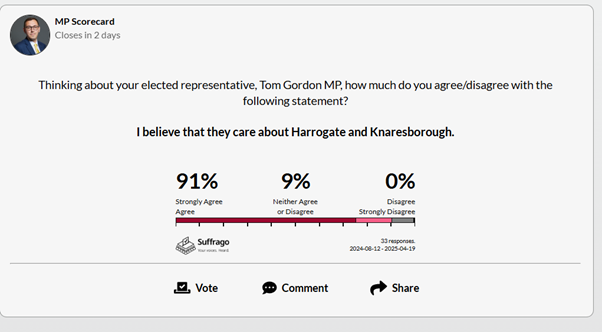Many years ago, my wife and I lived in a terraced house, with a tiny front garden. For unfathomable reasons, my wife wanted to create a pond, which would dramatically reduce the usable square footage of the garden. I was not best pleased, but I acquiesced (as most husbands tend to). No-one else on the street had a pond.
To my astonishment, within 24-hours of filling the pond with water, several frogs made it their home. We had never seen a frog before in our garden. Following the frogs, countless birds used the water for feeding and bathing. And with bird poo and frog poop, to the ignorant bystander, a complex ecosystem quickly formed. We were delighted. I was wrong to have – excuse the pun – poo-pooed the idea.
…………….
Stunning Tenerife, the most beguiling geographical land, which never fails to amaze, tells a similar story. From emptiness in the Atlantic Ocean sprang this volcanic island. Many moons later, Tenerife is brimming with life, (perhaps too much life, given the recent protests).

………………
Harrogate tells a similar story. Not much was going on in Harrogate until its spring water was put to use, with Harrogate becoming a glamorous Victorian spa town. Even Karl Marx, together with his daughter, came to my beloved Harrogate to “take the waters”. (Had Marx prioritised his children’s welfare over his political endeavours, it’s likely that so many of his children wouldn’t have predeceased him).
…………..
My personal business philosophy follows these stories. Rather than fixating on profit and loss, balance sheets and annual returns, my experience is that the quantity and speed of acceleration of life-generation is the key metric to manage. Standard business metrics often miss the mark.
Of course, cash flow – driven by profit and loss – is central, but my experience is that the owner, or leader, should create the conditions to enhance life-multiplication.
My challenge is to create a business dashboard which monitors the life force within an organisation’s ecosystem. Currently, in my businesses I’m relying upon anecdotes, which is insufficient. My experience is that, in any organisation, what gets measured gets managed. So, if we cannot measure something, it’s likely to be overlooked.
(If you know someone who needs a different perspective on their organisation, get in touch. Candour guaranteed!).










